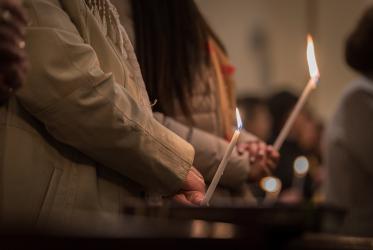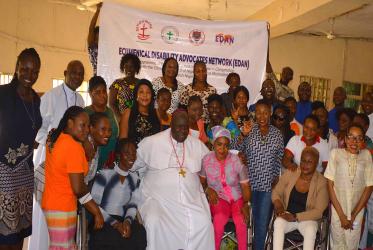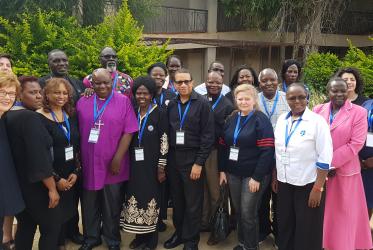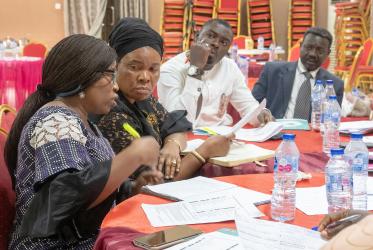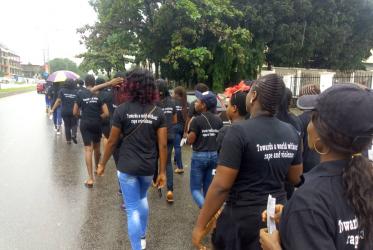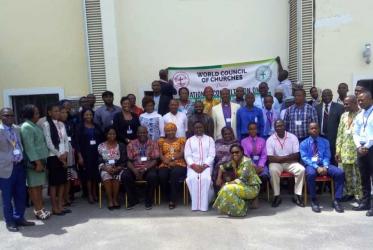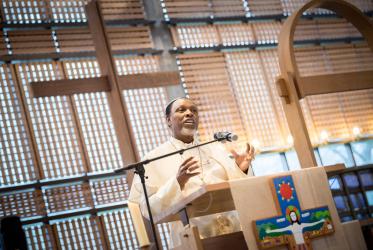Displaying 41 - 60 of 113
27 November 2020
WCC condemns violence in Nigeria
22 October 2020
Healing Together
A Facilitator’s Resource for Ecumenical Faith and Community-Based Counselling
15 October 2020
Listening together to the pain of violent spaces
28 February 2020
Knowledge of gender roles deepens in Togo
03 June 2019
Young people in Nigeria focus on positive masculinity, femininity
14 December 2018
Dr Cecile De Sweemer, the doer of God
30 November 2018
WCC welcomes new staff
06 November 2018
In Nigeria, “let us walk with our heads high”
20 September 2018
Walking together against hatred and violence
26 February 2018

